Traveling with a chronic health condition
How Taz travels after his kidney transplant
Hello, friends.
Some of you know that Taz had a kidney transplant in 2013, a few months before Beanie was born. 2013 was a big year for us, with many, many visits to UCSF Medical Center. We rounded out the year with a NICU stay for Beanie after she was born prematurely, in December.
Fortunately, she’s been healthy since and Taz mostly has been too. After some quiet time at home with a recovering kidney transplant recipient and a tiny baby, we started traveling again in August 2014, and have been ever since. Taz has also traveled a lot for work. Over the years, he has figured out the practices he has to keep up with to maintain his health while on the road.
We travel slow because that’s how we like to travel, which is good since it’s the wise thing for us to do. A packed itinerary is not forgiving, and doesn’t leave room for down days and afternoon lie-downs. Slow travel is also a more enjoyable way to travel with little kids, since they are unpredictable and can be extremely uncooperative.
Slow travel, to me, means changing expectations to include rest and aimless wandering around. Full days are interspersed with days where the goal is no larger than exploring a few neighborhood blocks on foot. Slotting in slow days purposefully, rather than expecting to be on the go all the time and being forced to cancel when you can’t, keeps expectations at appropriate levels and makes the trip happier.
The side benefit to not having a big agenda is letting some serendipity in to your life, which doesn’t happen when you are on the clock or on someone else’s clock in a tour group. Strolling around the streets or grocery stores is most fun, and you notice strange and interesting things, like Lay’s chip flavors.
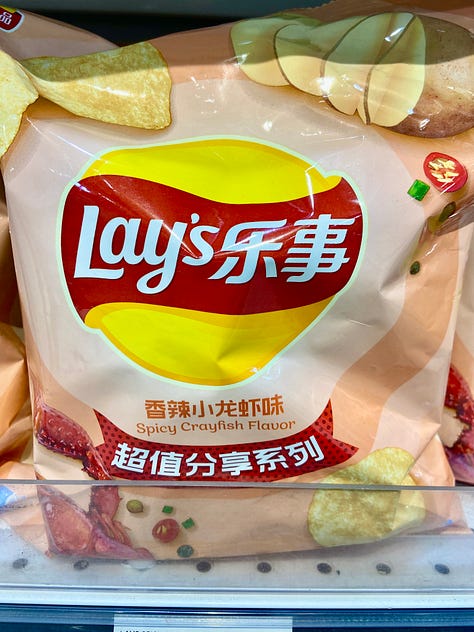
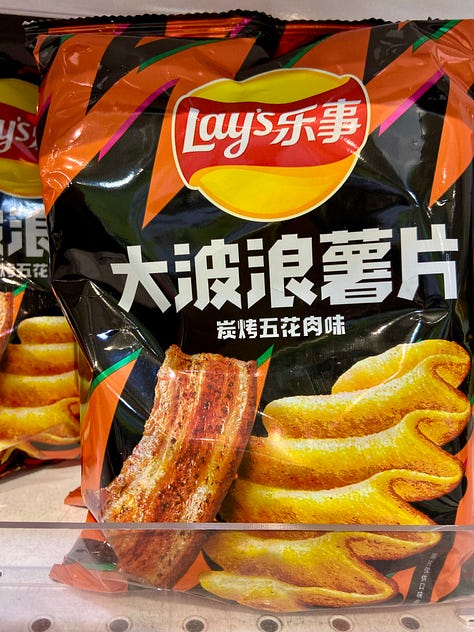
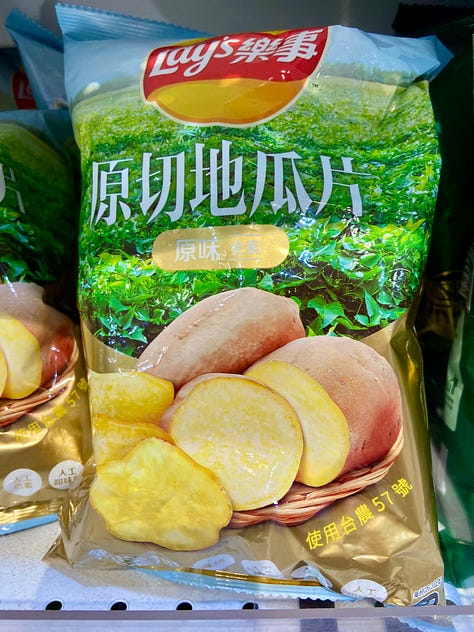
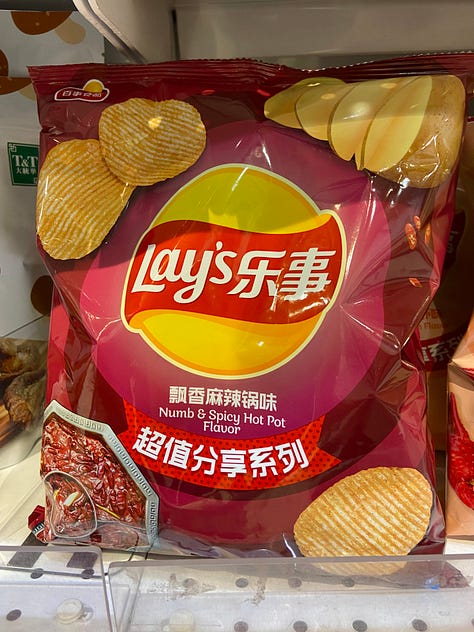
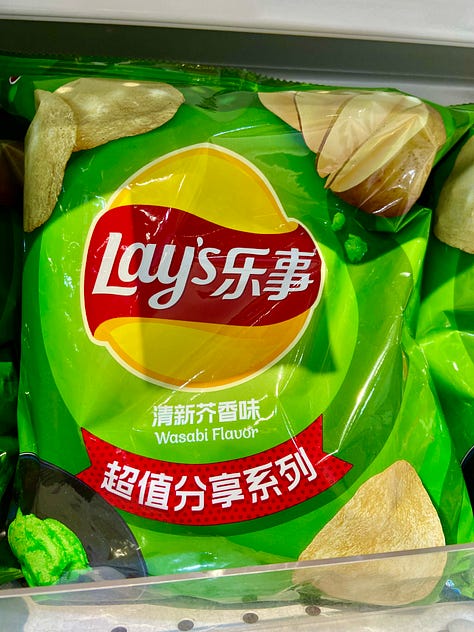
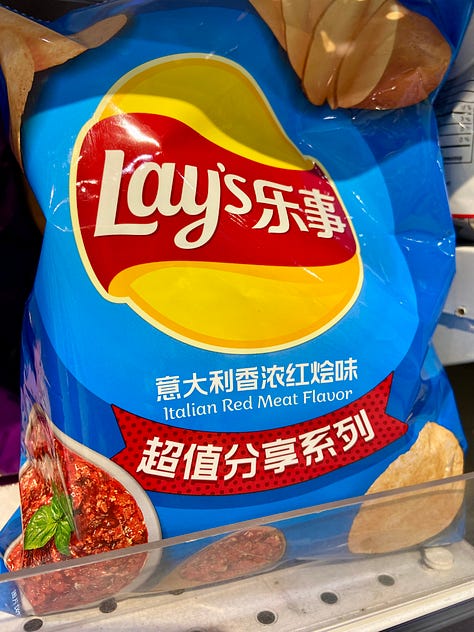
I asked Taz to give me his perspective on traveling with a chronic illness.
How has the way you travel changed since your transplant?
“I'm definitely more conscious of certain preparations we have to do. For instance, I have to make sure I have an adequate supply of medications before we travel (even though it's happened a couple of times where I didn’t and it was super annoying).”
What’s surprised you about healthcare in other countries?
“What has surprised me is my medications are expensive everywhere. I think there's this notion that things are much cheaper and better outside the US—which may be true if you're a resident and you're part of the national health system. But in our case, paying out of pocket was no cheaper in these other places than it was at home.”
Has the transplant changed how you feel about travel? Is there underlying stress that wasn’t there before?
“Not hugely—part of it is because I've been living with the transplant for a while now. In the early days of the transplant, especially when you're on high dosages of immunosuppressants, you live in a little bubble for a while…but over time you learn that you can live a pretty normal life and you just have to take certain precautions, like being very careful with hygiene—more so than you would be normally. I don't eat street food when we go to other countries. That's something that's probably changed about my travel habits, is I’m a little bit more conscientious about hygiene. So I'm not gonna go eat tacos off the street in Mexico City anymore, whereas I might have done previously.”
Besides slow travel, the other higher level suggestion I have is to do some research about the destination’s healthcare system beforehand. While we don’t restrict ourselves to only visiting developed countries with shiny and sleek hospitals, we do check the local standard of healthcare and whether the specialists Taz might need are available nearby. Before we moved to Costa Rica, I looked up where the nearest English-speaking nephrology department was, at a hospital an hour away.
So here are some of our tips for traveling well when you are not always feeling well:
Hospitals: Note the closest hospitals with staff who speak your language(s), and the closest medical facilities with the specialties relevant to your condition. Note down how to call emergency services at your destination. It might also be helpful to learn the words relevant to your illness in the local language, though I admit we haven’t done this ourselves.
Carry medications: Carry them in original packaging and in your carry-on luggage, preferably in a smaller backpack or bag, since occasionally on full flights airlines will force passengers to check in their carry-on suitcases.
Extra medications: Travel with extra days of medication. Taz does, but there have still been occasions when he’s had to get refills—one time we trekked out to a residential area on the outskirts of Amsterdam to pick up medications after he unexpectedly ran out. It was a little bit stressful, but in the end it allowed us to see a part of Amsterdam that we otherwise wouldn’t have thought to explore.
Check country’s medication policies: Some countries have restrictions on medications—e.g.,you can’t bring common over-the-counter medications such as Sudafed, which contains pseudoephedrine, into Japan at all. And you need import certification to bring in more than one month’s supply of prescription medicines to Japan. If you’re not familiar with a country’s medication policies, look them up.
Getting larger medication supplies: For longer trips, if you live in the US, you may have to coordinate between your doctor, pharmacist, and insurance company to get more than a month’s supply of your medications. Taz calls getting these prescription exceptions the “song-and-dance” of “bugging all parties until they figure it out amongst themselves.” It takes patience, but he has successfully done it several times.
Be flexible: Don’t jam-pack your days, and have a flexible attitude, even if you are not staying in your destination for long. To expect perfect healthy days every day is to set yourself up for disappointment—this goes even for usually healthy people. There are bound to be some off-days, if only because traveling is hard on the body—jet-lag, unfamiliar foods, trying to sleep upright in tiny chairs on the way there…who needs the anxiety of hitting every sight? That’s not what travel is for.
Travel medical insurance: I didn’t pay attention to travel insurance until a few years ago. We used to have Blue Shield of California insurance that provided worldwide coverage also, and through that program, I’ve successfully been reimbursed for minor medical expenses I incurred in Turkey, Mexico, and Indonesia.
Our current US health insurance doesn’t have the same global coverage included, so we have been buying travel medical insurance. We recently used it when Taz had Remdesivir treatments for Covid. We just received our big ole reimbursement check for these treatments; after submitting our receipts, we didn’t get any pushback from the insurance company, fortunately. Reimbursement took about a month.
One challenge people with chronic illnesses face is finding travel insurance that covers preexisting conditions. Many policies do not, and you must read the fine print to make sure the one you purchase does. For shorter trips, I search on Squaremouth for a reasonable plan. For our months away, we’ve used Blue Cross Blue Shield Geoblue Voyager Choice, and that is what we have currently. This plan does cover preexisting conditions; it requires that you buy the plan before you leave the US, and that you have a separate US health plan (from any company) as well. This provider also offers a similar plan that doesn’t require you to have separate US health coverage, called Voyager Essential.
The Voyager Choice plan description says it is for trips up to six months, but they allow one renewal of up to six months while you are traveling, which we did without problems while we were in Ontario.
Splurge on hotel (maybe with points): Slow travel means more relaxation in your room, so it’s worth it to splurge a bit on your accommodations—or, like us, travel hack so you can stay in very nice hotels for cheap. If your symptoms act up, having a room with a good bed, nice sheets, and spacious bathroom makes the experience less awful. With some hotel groups like IHG and Marriott, every 4th or 5th night of your points stay is free—another incentive to not move around too quickly!
Last Night Treat/Buffer Day: This is one that I think everyone could benefit from—planning a Last Night Treat and a Buffer Day. Save a special thing like a fancy dinner for the last night of your trip so you have something to look forward to at the end. And allow at least one day at home before you have to start work or school, so you have time to recover, rest up, and get everything in order before Real Life starts again.
Those are a few tips that have worked for us. If I think of more, I’ll update this list.
I remember those days more than a decade ago, when Taz was diagnosed with end-stage renal failure, as a blur of hospitals and creatinine measurements and acupuncture and recipes low in potassium, sodium, phosphorus, protein, and flavor. It was a long road from there to here, and we’re lucky that Taz’s traveling days were only paused and not permanently curtailed.
Traveling is a privilege in many ways, and I want to acknowledge that many people with chronic illnesses simply can’t travel. I want to also acknowledge that without Taz’s sister, who donated her kidney to him, Taz would also not be able to travel.
UCSF featured Taz and his sister in a short film about their kidney transplant experience. Here it is, with bonus footage of baby Beanie toward the end:
Us in Vancouver, us in Costa Rica, us in the many places we’ve been over the past nine years…all thanks to Taz’s sister and the Gift of Life.
Pretty Good Things
Donate Life
This is a Pretty Good Thing that Taz would like to spread the word about: Register for organ donation. It is a profound gift to give someone. Without his sister’s selfless act, Taz might not be here and Beanie might not either.
Donate Life America now has a Living Donor Registry—you can sign up to be on the potential living donor list. Kidneys from living donors do significantly better after transplantation than kidneys from deceased donors. The recipient tends to have fewer complications, and the transplanted kidney usually lasts longer.
(Donating life is not just a Pretty Good Thing, it is a Very Good Thing.)
More travel tips
Here are a few more general travel tips, not only for those with chronic illnesses:
This one I just learned from experience: If you’re flying from Vancouver to somewhere in the US, consider flying out of Seattle instead. Of course, this means you have to drive down to Seattle (about 2.5 hours) but for our family of three, it was worth it to save several hundred dollars. Same rule applies to flying out of Buffalo instead of Toronto.
These laundry sheets pictured below are great. I use them even when not traveling, but I’ve found them very convenient when staying in places with washing machine access. They take up almost no room in your luggage and they won’t leak in your suitcase.
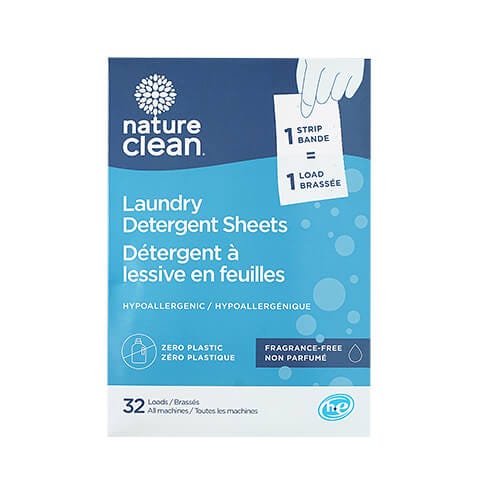
I cannot pay for hotel room bottled water on principle. If your room doesn’t have complimentary water, bring your own bottle down to the gym because there’s usually a water cooler there.
The Google Translate camera function is very useful. I spent a lot of time standing in front of the supermarket meat section in Costa Rica, pointing my phone at packages of meat and trying to figure out what each cut was, further complicated by my lack of general knowledge about cuts of meat (cuete de res? That’s a bottom round? What’s a bottom round though?)
And this last tip is one that Taz lives by: clean the house before you go on vacation! Much nicer to come back to a tidy house than a dirty one.



Another thing I forgot to mention about healthcare abroad is that the coordination friction is usually substantially less than the US. For example, after testing positive for COVID in Vancouver, after one phone call from me to the BC Services phone number, there was a great deal of coordination they did on their end and had me in the hospital the next day to start my infusion treatments. They had several people call me back that first day to understand my medical condition, current medications and care team in the US, and handled my situation really elegantly despite me being a visitor to BC and an edge case for them. A+ experience with the health system here! (Seeing a price list at the cashiers office at the hospital was also a surprise novelty) This in contrast to the US where the fragmented and opaque system often requires the patient to constantly chase up different parties was a refreshing change, especially as the patient is pretty stressed when going through these situations to begin with!